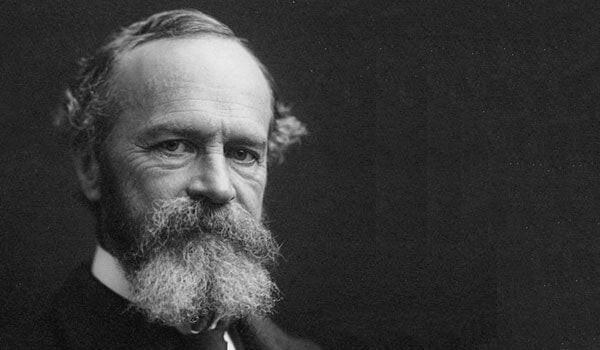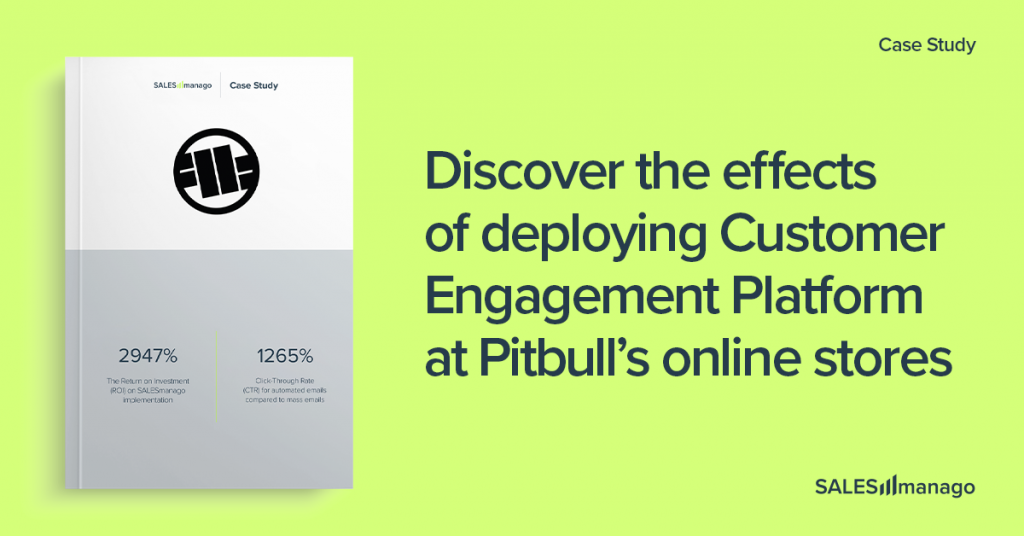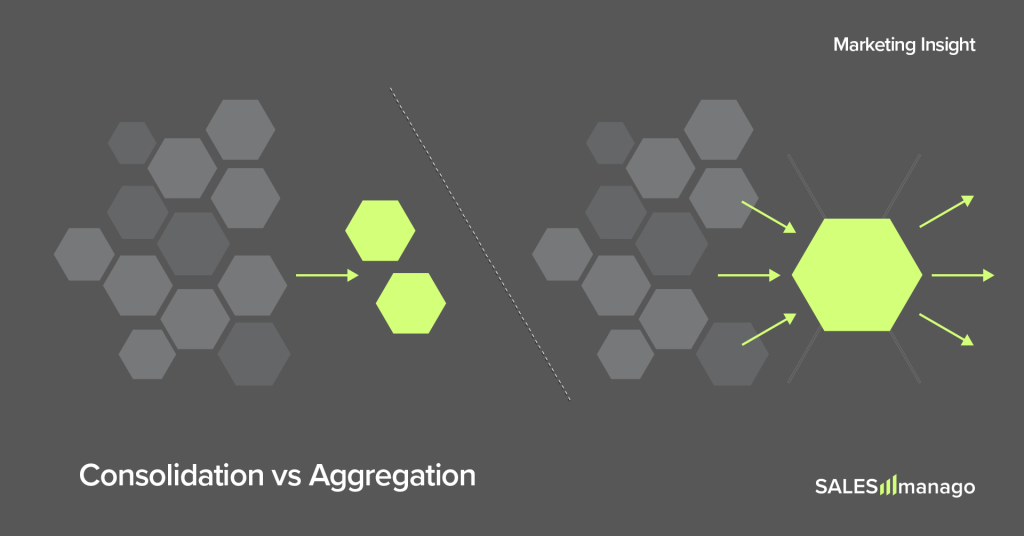
For centuries, philosophers have wondered what the truth is and how we should act. It was only in the 19th century that a few American philosophers thought that these were bad questions: more important one is “what is the result of it?”
Bookshelves are drowning with a flood of hundreds of books that tells us how to live, how to be successful, and how to make a lot of money. Corporations spend billions of dollars on consumer analysis. But how valuable are those tips and data? Well, it depends. Philosophy of pragmatism, when used consequently, would condemn starting your plan with information gathering and its analysis. First, you need to set your goals and then collect data that will help to determine how to achieve them.
For James, the truth is an “instruction manual”. It doesn’t matter “how it is” but rather “how it affects us.”
The philosopher didn’t like meticulous, academic language, difficult deliberations and splitting hairs. In his opinion, people were arguing for hundreds of years about something that doesn’t matter anyway. As an example he gave the argument between Catholics and Protestants about Eucharist – Catholics believed that they eat the body of Christ, while Protestants believed that it is only a symbol. For James this dispute was completely barren – from the practical point of view, it was identical in both cases.
The thinker thought that his philosophy is an ideal way of solving disputes
You can also apply it to your professional life: if there is a conflict on how to do something between two employees, you have to figure out what they want to achieve. If in both cases the result going to be the same, you have to let them do it in their own way, as quick as possible. James would definitely like the piece work model, where you pay your employee for the work that was done, and not for the hours he spends on it.
William James also thought that he found the answer to what to do when the data doesn’t allow for a rational decision. He called it the “right to believe”.
The philosopher referred by that to the question of faith in God. He believed that it was impossible to carry out such a proof that would clearly determine whether God exist or not. He stated that this issue should be treated pragmatically: to consider the effects of faith on man and to let him choose a better position for him. In everyday life, we often end up in the situation without a reasonable basis on which we can make a decision. However, the lack of decision is also a decision – we have to consider whether acting based on our intuition wouldn’t be better than no action at all.
The American philosopher wouldn’t be also fond of any evaluation and customer satisfaction surveys. The best measure of whether a customer is satisfied is that he buys the product.
James’s thought can be adapt to even very common and prosaic situations. What does it mean “it rains heavily outside”? Nothing but the fact that if we go out without an umbrella we will get wet, that the ground outside is wet and in case of a longer downpour there may be flooding and so on. In short, the fact is nothing more than a bunch of practical conclusions. The debate about what is happening somewhere at the end of the universe, where no one has a chance to observe it and it has no real impact on our lives is meaningless.
William James was heavily criticized from the very beginning. He was accused that his philosophy legitimizes, for example, belief in Santa Clause.
After all, children who believe in Santa Clause have a lot of fun because of this, so it is certainly a useful belief! James had to devote the last years of his life to clarify his belives to others and to defy criticism. And while it is true that being an extreme, naive pragmatist can lead you into wishful thinking, there is no doubt that focusing on effects and treating truths as useful guidelines of conduct will work well in the reality of market competition.




 Follow
Follow

![[New Feature] Shine the light on your hidden visitors with Spotlight](https://blog.salesmanago.com/wp-content/uploads/2024/04/1-9.png)


![[New Feature] Unlock Deep Behavioral Personalization with Product Collections](https://blog.salesmanago.com/wp-content/uploads/2024/03/1-3.png)



![[New Feature] Shine the light on your hidden visitors with Spotlight](https://blog.salesmanago.com/wp-content/uploads/2024/04/1-9-1024x536.png)








